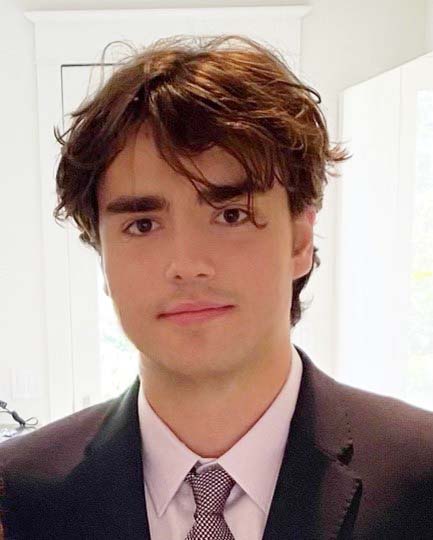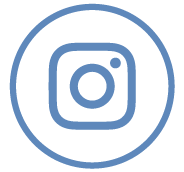"As a perfectionist, I was very hard on myself in the beginning when my experiments didn’t work out the first time.
However, throughout my 16 months in co-op, I learned to be more accepting of the fact that sometimes things don’t work out and that’s part of the journey! This mantra has spread to other corners of my life, as well, in a very positive way."
What is your field of study?
My field of study is Biology and I will graduate in 2024.
Why did you choose to enroll in co-op?
I chose to enroll in co-op because I wanted to gain concrete research experience before the end of my undergraduate degree, to make career decisions about my future after graduation with greater confidence.
Which positions did you work during co-op?
During Co-op, I worked at two different positions.
For the first 12 months, I worked in the Biomedical Research Centre at UBC, with Dr. Chris Laver at his academic spin-off company: Maxwell Therapeutics.
My main project’s objective was to create a new protocol for differentiating human embryonic stem cells into photoreceptors. Throughout my time at Maxwell Therapeutics, I gained experience in many different assays and techniques including mammalian/stem cell culture, retinal organoid formation, immunocytochemistry, and RNAseq. I continued my work with Dr. Laver after my co-op position ended through the Work Learn Program, a directed study and my honours thesis.
In my second position, I worked as part of the Sick Kids Summer Research Program, with my own independent project, under Dr. Julien Muffat.
My project focuses on constructing a new inducible CRISPRi construct and integrating it into iPSCs. These iPSCs will then be differentiated into microglia and deposited into brain organoids. This model and the CRISPRi construct will finally be used to identify potential markers of Alzheimer’s disease.
Can you share your favourite experience while in co-op?
One part of my co-op experience that I really enjoy is my one-on-one meetings with my principal investigator, Dr. Laver. He has been an amazing mentor, who’s always happy to discuss my progress and provide excellent advice. It’s consistently been a highlight of my co-op week.
What was your best achievement in co-op?
My greatest achievement in co-op, thus far, is the success that my lab and I have had in developing new cell types, like photoreceptors, which we created using protocols that I helped establish!
What did you feel most challenged by and how did you overcome it?
When I first started co-op, one thing that I really struggled with was how often problems arise in research.
As a perfectionist, I was very hard on myself in the beginning when my experiments didn’t work out the first time.
However, throughout my 16 months in co-op, I learned to be more accepting of the fact that sometimes things don’t work out and that’s part of the journey! This mantra has spread to other corners of my life, as well, in a very positive way.
How do you feel co-op helped your personal growth?
Co-op helped me feel more confident in my choices and brought me comfort, as I now feel like I am actively taking steps towards a career that I’m excited about.
How do you feel co-op has helped your career?
Co-op shifted my career path tremendously.
At the beginning, I had little interest in pursuing research as a career. However, after speaking to many different professionals through the co-op program and from my own experiences during my placements, I realized that my view of a career in research was very narrow and inaccurate.
Now, I hope to pursue a career in research by undertaking an MD/PhD and working to help people, through the clinic as well as from a lab bench.
The connections in the field, as well as the experience I gained, built my confidence for applying to graduate school, as well as other research opportunities.
What advice would you offer future co-op students?
Don’t be too narrow in the fields that you apply to and keep an open mind to all positions in academia and industry.
Part of the beauty of the co-op program is that you can explore many different types of work and get a feel for what you like and what you don’t, so it’s important to not limit yourself.
What are you looking forward to after graduation?
I am looking forward to continuing to pursue higher levels of education and undertaking more long-term projects as a PhD student, as well as being able to publish some of my own research.
Published: August 2023


